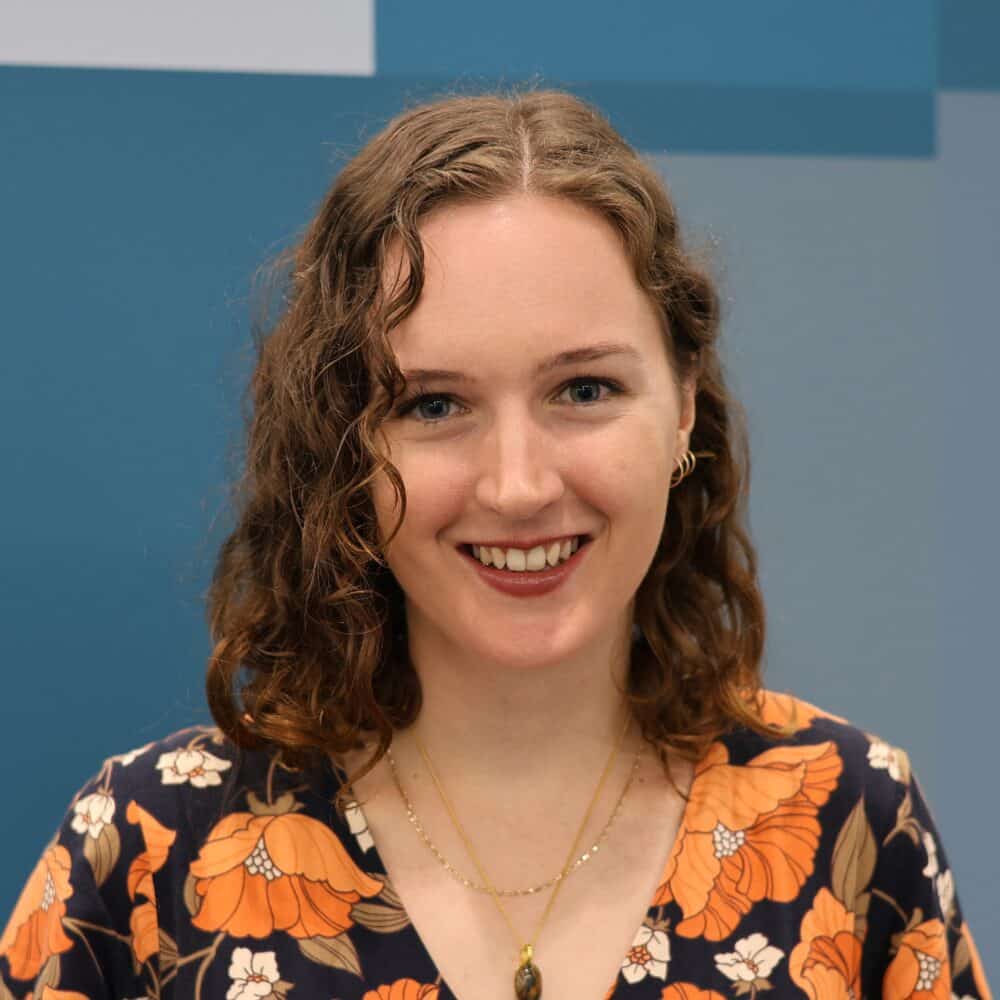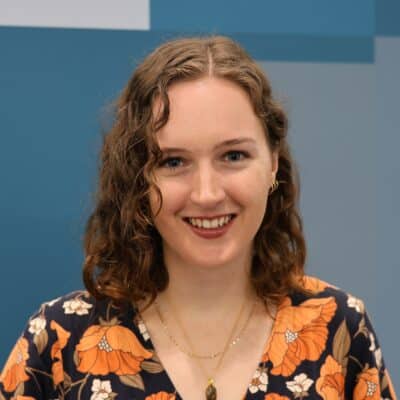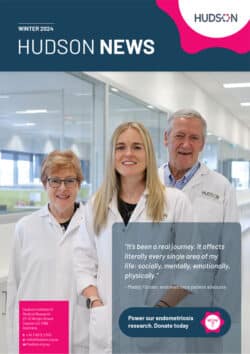Liesl Bramberger is a member of the Translational Antigen Discovery Research group in the Centre for Cancer Research.

Areas of interest
Research group
Translational Antigen Discovery

Liesl Bramberger
Degree:
PhD student
Research Group:
Research Centre:
Area of study:
Immunotherapy target discovery in DMG
Supervisors:
Year of enrolment:
2021
Why did you choose Hudson Institute and your research group?
I chose my project because I have always been passionate about immunology and cancer research, and my project combines elements of each. But why research? I have always wanted to be able to make a difference in the lives of patients, but wasn't cut out to be a nurse or a doctor. I originally started my research with Dr Pouya Faridi at the BDI at Monash University. When Pouya was invited to join the research at Monash Medical Centre I was keen for the new opportunities there and moved our new lab across Wellington Rd with him. After some time working at MMC, we were invited to join Hudson Institute which was really exciting because there was lots of new equipment and facilities available to us there which have subsequently been instrumental in my research.
What is your research about and what do you hope to achieve?
My research focuses on Diffuse Midline Glioma (DMG, formally DIPG), an incurable childhood brain cancer with an average survival rate of only 9 months post diagnosis. One of the hallmarks of DMG is a mutation in histone 3 and dysregulation in epigenetic marks, primarily methylation. This results in altered gene and protein expression. I am using DMG cell models and treating them with different epigenetic modulating drugs; Histone Deacetylase Inhibitors and DNA methyl-transferase inhibitors. It is my hope that these drugs will create therapeutic vulnerabilities by further changing protein expression and generating new immunogenic peptides that are presented to the immune system. This may create targets suitable for immunotherapies such as peptide vaccines. My main method used for data generation is immunopeptidomics and mass spectrometry.
What is it like being a student at Hudson Institute?
Originally when starting out at MMC, we were new and didn't really have access to many people of whom to ask questions. But since moving to Hudson Institute, it's been great because everyone is knowledgeable in different things, so there is always an expert to ask and they are always willing to help. There's a lot of social events, including relaxed lunches together. There's a student retreat offsite so you can get to know the other students outside of work and there's lots of interaction between students in different groups.


